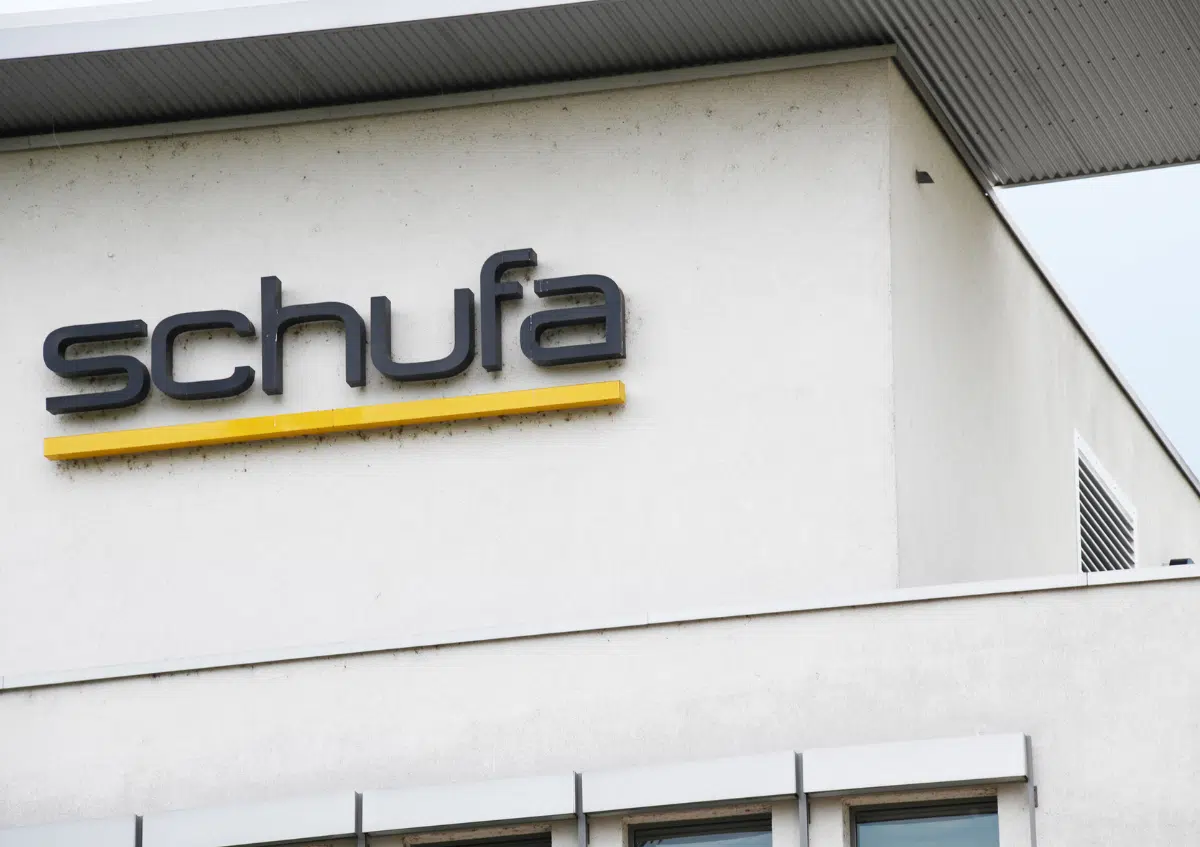The German software world is in turmoil! An unexpected legal dispute is shaking up the industry, with Celonis taking industry giant SAP to court. The allegations are serious and have the potential to change the entire competitive landscape of the software industry. What is behind the dispute and how could it affect the business of both companies?
The accusation: SAP overrides competition rules
Celonis, the Munich-based start-up, has sued SAP for alleged anti-competitive practices. The case concerns access to important data required for business analysis and process optimization. According to the accusation, SAP has made it extremely difficult for Celonis to access this data by charging high fees and creating technical hurdles - thus giving its own product, Signavio, an unfair advantage. This in turn is a direct blow to the success of Celonis, whose process mining software leaves the competition far behind, according to industry experts.
The background to the dispute: from partner to competitor
The dispute did not come out of nowhere. Just a few years ago, Celonis and SAP were partners. Celonis used SAP's ERP systems to sell its software solutions and was even recognized by SAP as an innovation partner. But things changed dramatically in 2021 when SAP acquired Signavio, a direct competitor of Celonis. From this point on, the good relationship ended and partners became fierce competitors.
Celonis itself is now the market leader in the field of process mining. The Munich-based company has big names such as BMW and BP as customers and has achieved an impressive company valuation of 13 billion euros. But now Celonis is facing a giant like SAP, whose market power and product influence can hardly be underestimated.
A strategic power struggle
The legal dispute between the two software giants is not just about money, but also about control of the market. SAP recently relaunched its "Business Suite", in which all applications come from a single source. With this strategy, the DAX-listed company is attempting to offer its customers a standardized system. However, it is precisely this bundling of products that is now being attacked by Celonis as anti-competitive.
SAP is alleged to have not only blocked access to its systems through high fees and technical efforts, but also tried to secure its own advantage with aggressive advertising and discounts. Another allegation: SAP employees even misled customers with false information about Celonis' technology. A hard blow to the reputation of a company with an international reputation for innovation and quality.
The implications for the future
The outcome of the proceedings will be of great importance for the entire industry. If Celonis wins this case, it could permanently change the market for software applications. Competition would be raised to a new level and smaller companies could also feel encouraged to take action against the large corporations.
For SAP, the lawsuit could be a drastic setback. If the allegations are confirmed, it could not only lead to financial compensation payments, but also to a long-term change in the way SAP markets its products and works with other companies.
A power struggle that could shake up the software world
This case shows once again how fragile competition in the technology industry can be - and how quickly former partners can become bitter enemies. It will be exciting to see whether and how SAP can leverage its market power in the future without overstepping the rules of competition. For Celonis, this legal dispute could not only be an opportunity to assert itself against the industry giant, but also a signal to other companies that it is worth fighting against the big players in the industry. But in the end, the question remains: does the legislator really have enough instruments in this area to guarantee fair competition?







